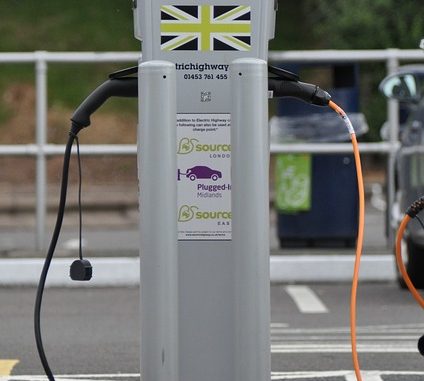
A year ago, I was the happiest man: I had just acquired a plug-in hybrid vehicle. I added one more line to the list of small actions I take on a daily basis to reduce my environmental footprint.
After the first week, I had discovered the extraordinary pleasure of driving a car powered by electric motors (The gasoline engine is used mainly in the Mitsubishi Outlander to recharge the batteries).
Since then, my perception of the plug-in hybrid has changed.
First, let’s set the scene: my reference route is 12 kilometers long with a drop of 1000 meters that I travel downhill as soon as I leave my home, uphill as soon as I return.
On flat ground, at a temperature of 25°C, the electric autonomy of my vehicle is approximately 50 kilometers. Very positive point: with the speed limits currently in force, an urban journey hardly affects this range, unlike the case of a thermal vehicle. This autonomy covers many daily needs. And the idea of the thermal supplement to cover long distances is attractive!
On the other hand, still at 25 ° C, the range of my vehicle is just 12 kilometers in my reference climb: I say “just” because if I take a route with a regular slope, it will be the case. If, on the other hand, the route includes a steeper (25%) section of 300 meters, the range drops to 10 kilometers!
Let’s take the experience further! if, at the end of the 12 kilometers of ascent, I turn around, I recharge on the descent between 20% and 25% of my battery, sometimes less. It’s not much. The total range will be strongly impacted and will be 36 kilometers at the most. Let’s be honest, this impact is quite close to that observed with a petrol engine.
If, on the other hand, I continue the climb beyond 12 kilometers, my battery being empty, my fuel consumption is that of a V12 at full throttle, the acceleration of the car comparable to those of a Trabant and its noise is similar to that of a jet plane: it makes you rather want to stop!
In winter, with freezing temperatures, range can be further reduced.
So economically, my reference round trip cost me € 2.52 with a heat engine.
At 25 ° C, the same reference trip costs me € 2.22 in electricity, but the cost explodes as soon as my range decreases and I finish the trip with the heat engine. This winter, the cost of the trip has sometimes exceeded 4 €.
The real economic penalty comes from the consumption of the petrol engine, when climbing, with empty battery. With a 20 kWh battery instead of 13 kWh, my perception would be changed.
In a mountainous area, cold in winter, the economic disinterest of a hybrid vehicle with a too limited battery is obvious.
So on the highway, is there a way to catch up? The previous model with petrol engine consumed approximately 7 liters/100 km, at 130 km/h. The plug-in hybrid consumes slightly more.
If you make a majority of kilometers in motorway journeys, you will therefore find little advantage.
At the time of purchase, I felt like I was working for the planet. As far as I’m concerned, today, apart from the short summer trips when I don’t use the petrol engine, I feel like I’m working against the planet every time I take my car. Pity !
So, if you live in Montpellier, Spain or Italy, if you only occasionally venture on steep terrain, if more than half of your journeys are short, your plug-in hybrid will be a vehicle you will not be able to do without! But do you need such a big vehicle in these cases?
But if you live north of the 45th parallel, in a mountainous country, you make a lot of motorway trips, you want to reduce your CO2 emissions, then the dilemma is entire: the plug-in hybrid is definitely not, today, the solution. You will need either an all-electric vehicle with sufficient range (500 km nominal) or a hybrid with a battery of at least 20 kWh.
At a time when it is essential to attract as many drivers as possible to electric mobility, disappointing experiences are really unwelcome!

Leave a Reply